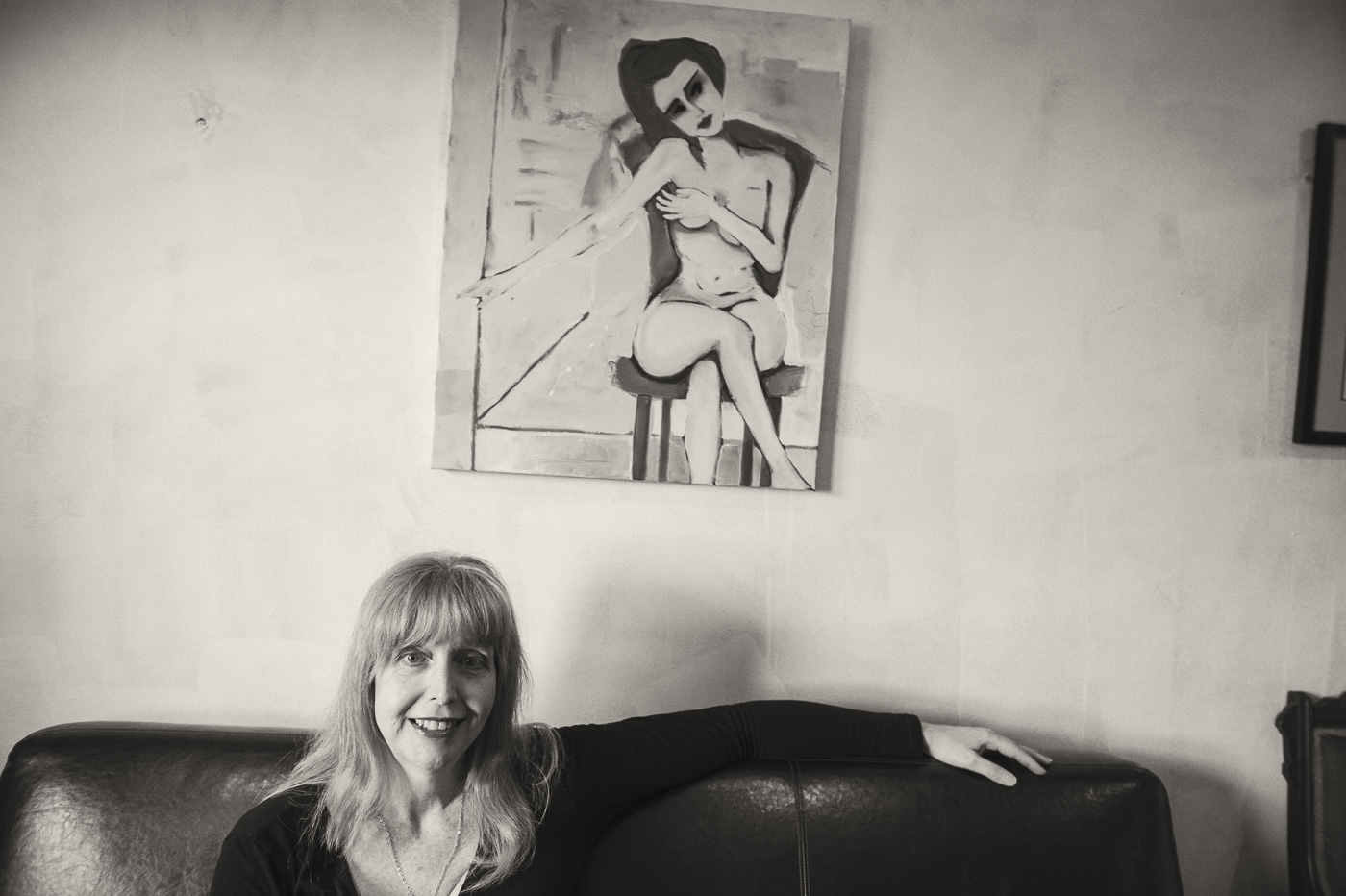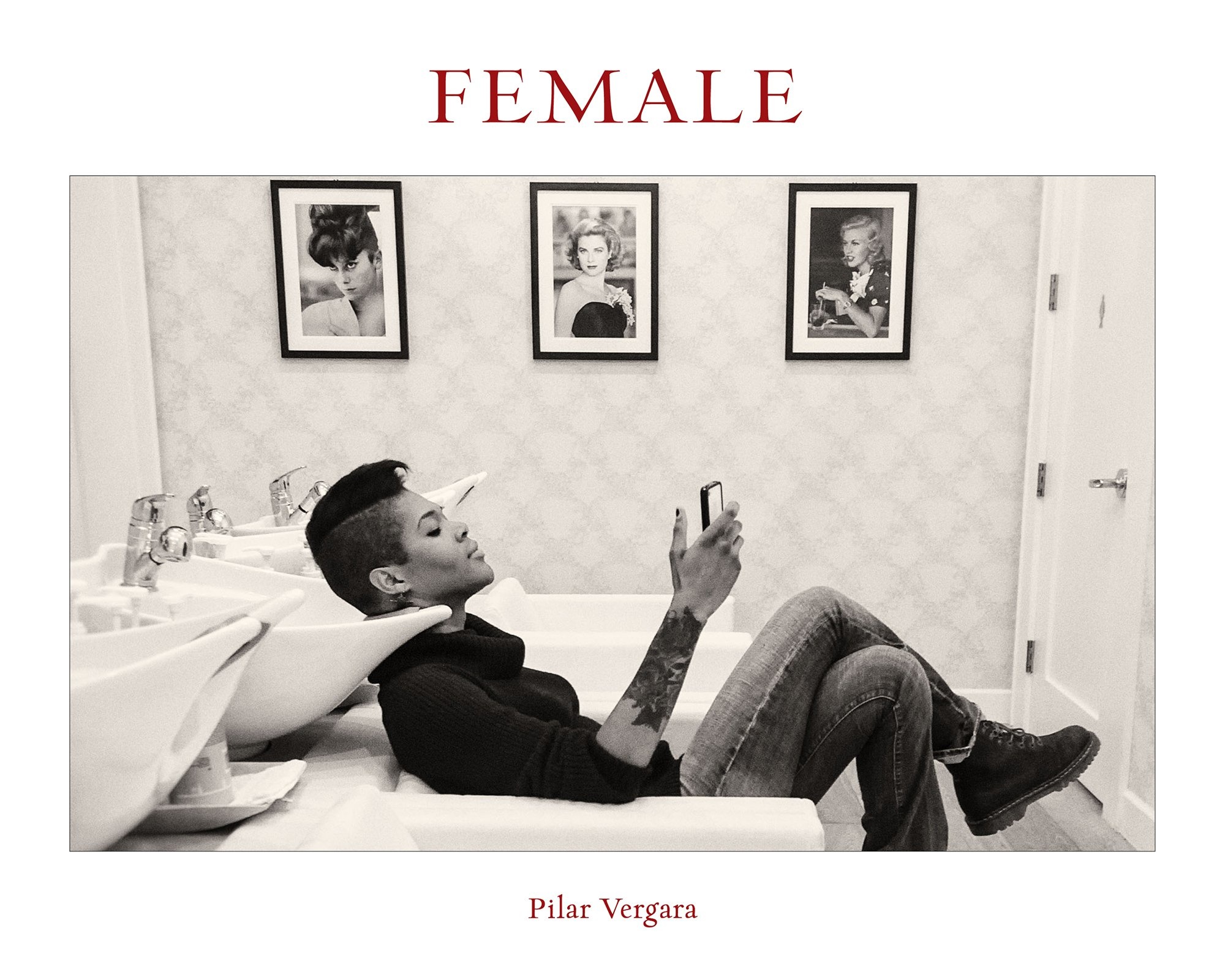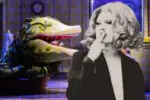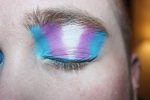In her book, “Female,” Chilean journalist Pilar Vergara has used her expertise in human rights photography to combat the media’s exploitative sensationalism of the transgender community. She opens a window into the lives of a diverse sampling of trans women in her work, which in turn exposes the realness of these individuals.
“Female” features 15 inspiring portraits of individual trans women, each taken in a setting where the subjects felt the most comfortable such as backyards, parks and living rooms. Vergara explained her goal was to “capture their diversity and contributions to the world.”
The fascinating photos succeed in lifting the veil of marginalization and exposing every-day people, indistinguishable from ordinary women. Pilar also recognizes the challenges many transgender people face in employment as a human rights cause, which is what makes her finished projects so intense and whole-hearted.

“Female” is an incredibly powerful piece with each striking photo not only capturing a woman but a story as well. The topic of transgenderism often triggers negative attitudes and perceptions. Even more damaging to the reputation of the trans community is their deprivation of humanity — often lost in labels and false impressions.
This is the exact issue Vergara aimed to counter with “Female,” which also includes gripping interviews with many of the same people featured in the photos. “Female” asks trans women intimate questions regarding their biggest fears, hurdles they’ve had to overcome, and if they’ve ever felt discrimination.
When asked what she would want people to know about what it means to be a transgender woman, Mara one of the women interviewed reveals the significance of her transition: “I feel my metamorphosis from the moth to the butterfly has been a rare gift, not just a second chance at life. It’s this knowledge that I have a limited time to live and experience what should have been experienced in a lifetime that makes me the explorer, the learner, the risk taker, and the romantic.”
It is evident how valuable her transition was to her identity — it aided in her own self-discovery and rejuvenated her life.
While the stigma surrounding homosexuality has been slowly fading over the years, the stereotype attached to transgenderism couldn’t be more apparent. History is repeating itself, leaving trans people to face the same challenges the homosexual community faced in the past. Society viewed homosexuals as mentally ill, and so-called medical professionals misdiagnosed the sexual orientation as a defect or even psychopathy.
These same assumptions about trans people are currently being thrown around. “My biggest fear was not being loved and nourished for who I was. Walking the streets in fear of being attacked,” Vanessa confesses in her interview.
“Female” helps counter this bigotry by showing the world that trans people are no different than anyone else; they are software engineers, hairdressers, computer engineer — all with the common desires to be loved, respected and accepted for who they are.
If more effort was spent on the content of individual stories, as Vergara took the time to learn, it would be discovered that what those in the trans community want most is to have their own voices heard directly, rather than letting the outside world lead the discussion about them with assumptions and judgement at the forefront.

















